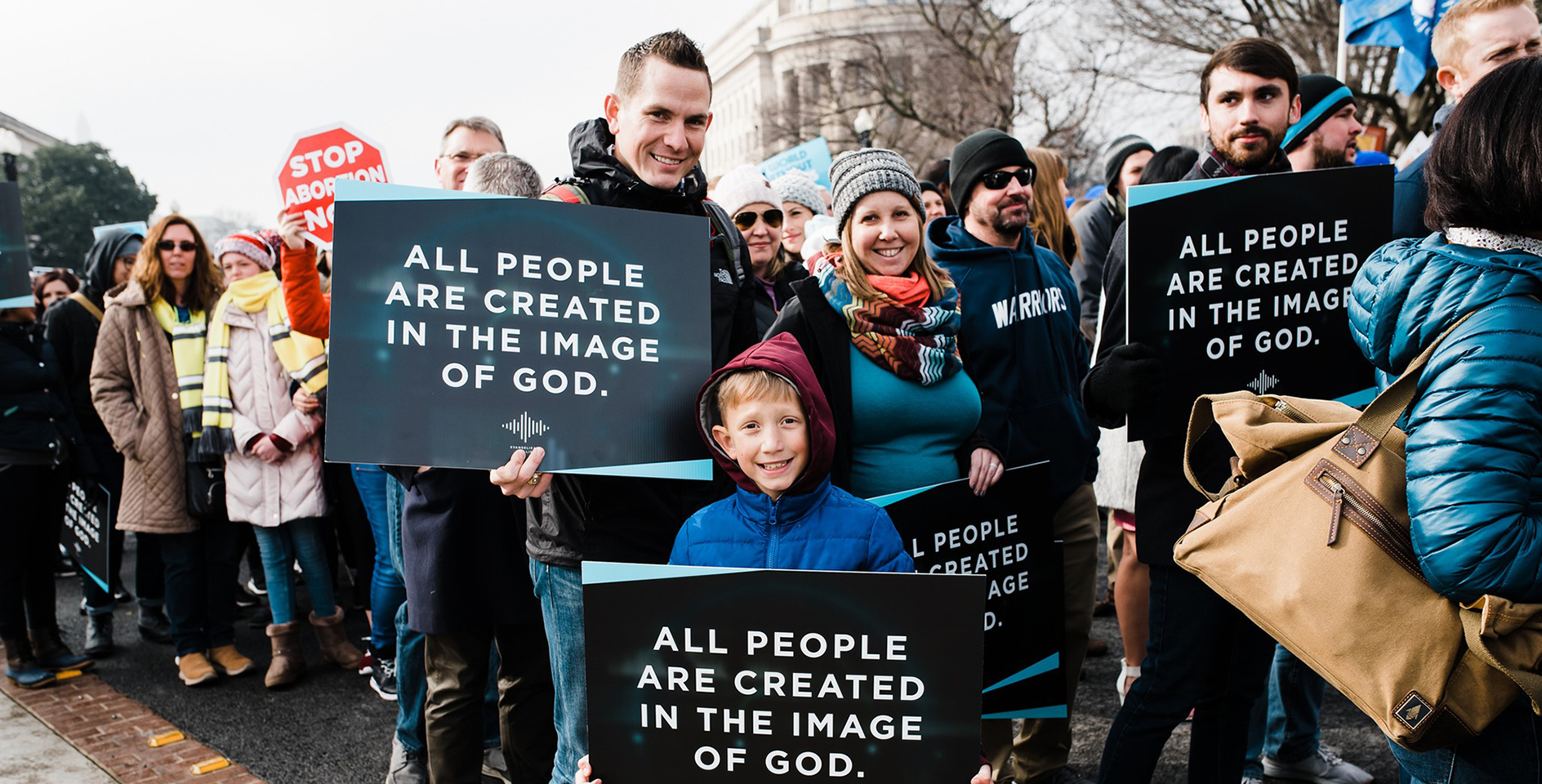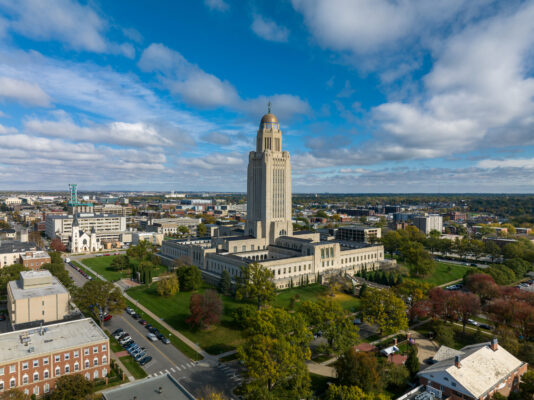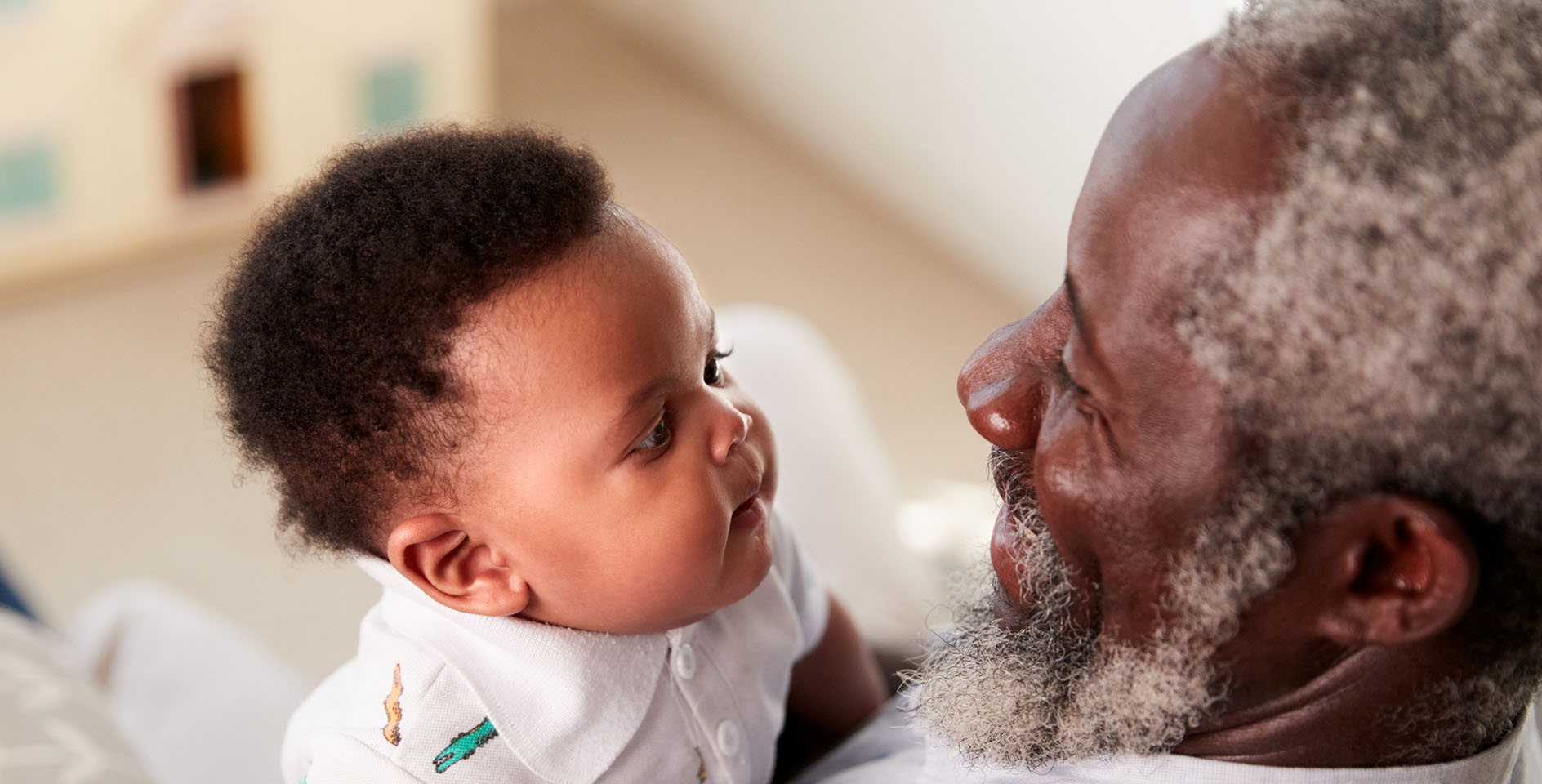Every January the March for Life rally brings thousands of people to the National Mall in Washington, D.C., to “end abortion by uniting, educating, and mobilizing pro-life people in the public square.” This year, because of the COVID-19 pandemic and the “heightened pressures that law enforcement officers and others are currently facing in and around the Capitol,” the event organizers have made the rally virtual and are encouraging pro-lifers to join by watching the broadcast online.
The event brings in around 250,000 attendees each year, including tens of thousands of evangelicals. (In 2016 the annual Evangelicals For Life Conference began to coincide with the March for Life.) But when the original March began in 1974, abortion was still considered a “Roman Catholic issue.”
For example, prior to the 1970s, many Southern Baptists either took no position on abortion or were accepting of legal abortion under certain conditions. A poll conducted by the Baptist Sunday School Board in 1970 found that 70% of SBC pastors supported abortion to protect the mental or physical health of the mother, 64% supported abortion in cases of fetal deformity, and 71% in cases of rape. In 1971, the leadership of the Christian Life Commission (which was later renamed ERLC) even supported a resolution—which was later adopted at the SBC annual meeting—that called upon Southern Baptists to “work for legislation that will allow the possibility of abortion under such conditions as rape, incest, clear evidence of severe fetal deformity, and carefully ascertained evidence of the likelihood of damage to the emotional, mental, and physical health of the mother.”
Fortunately, there were still some leaders within evangelicalism who understood the necessity of protecting life in the womb. Although thousands of people helped launch the movement, there are three leaders who during the 1970 and 1980s had a particularly important influence on getting evangelicals to embrace the pro-life cause.
Harold O.J. Brown
When abortion became legal throughtout the U.S., Harold O.J. Brown, a Harvard-trained theologian, historian, and philosopher, was working as an associate editor at Christianity Today in 1972. As WORLD magazine notes, “On Jan. 21, 1973, he joined some members of the American Medical Association and the Christian Legal Society in New York to discuss abortion and a strategy to combat it. The next day, the high court handed down its Roe v. Wade decision. Brown hurried home to write his magazine’s lead editorial.”
“This decision runs counter not merely to the moral teachings of Christianity through the ages but also to the moral sense of the American people,” wrote Brown in that editorial.
Three years later Brown left the magazine and founded the Christian Action Council, the first major U.S. evangelical pro-life organization, and became a contributor to newly established journal, The Human Life Review. The Christian Action Council would later adopt the name “Care Net,” and become one of the major networks for pregnancy resource centers.
When Brown died in 2007, Michael Kruger, now the president of the Charlotte campus of Reformed Theological Seminary, said that Brown’s “most central place of influence is rightly considered the pro-life movement. He not only anticipated the problem before abortion was legalized, but he has been one of the great organizers of actions to deal with the problem.”
C. Everett Koop
One of the men who joined Brown in founding the Christian Action Council was Dr. C. Everett Koop. Koop was a pioneer in pediatric surgery who invented many of the anesthetic and surgical techniques that are now used on neonates and infants. In 1956 he established the nation’s first neonatal surgical intensive care unit, and became the first editor of the Journal of Pediatric Surgery when it was founded in 1966.
Early in his career he became convinced that “abortion amounted to taking a sacrosanct human life.” This lead him in 1975 to wrote The Right to Live; the Right to Die: Famous Pediatric Surgeon Speaks Out on Abortion and Mercy Killing. The influence of Brown is apparent in this book, observes Matthew S. Miller. “Koop evidently kept Brown’s articles close at hand as he put his own thoughts to paper,” says Miller, “He quotes from Brown more than from any other source (other than the Bible), often whole paragraphs at a time.”
In his memoir Koop says, “I aimed the book primarily at Christian readers, as I sought to awaken the evangelical community to a vital moral issue they were choosing to ignore.” The 120-page treatise would sell over 100,000 copies in its first year of publication, and another 100,000 in the years that followed.
Koop’s pro-life activism caught the attention of newly-elected president Ronald Reagan, who nominated Koop to be U.S. Surgeon General in March 1981. When Reagan published his 1984 book on abortion—the only book to be published by a U.S. President while in office—the original version included an essay by Koop titled “The Slide to Auschwitz.”
Francis Schaeffer
In 1950, Koop removed the appendix of a young girl named Priscilla, which sparked a lifelong friendship with the girl’s father, Francis Schaeffer. A few years later, Schaeffer would leave the U.S. to set up the ministry organization called L’Abri (“The Shelter”) in Switzerland. Harold O.J. Brown brought Schaeffer back to the states to give a series of lectures in Boston, including at Harvard. These lectures lead to Schaeffer and his wife Edith becoming well-known figures within evangelicalism.
After the Roe decision in 1973, Schaeffer took up the cause of opposing abortion. In 1979, he partnered with Koop on Whatever Happened to the Human Race?, a project that included a five-part film series, a book, an activist handbook, and an international lecture tour.
“In Washington, D.C., the series was screened by prominent politicians and opinion makers; churches across the country showed the series to their congregations,” noted PBS. “Thousands of evangelicals heard Schaeffer’s message and became persuaded that they had a duty—indeed, a moral obligation—to set aside their long-standing aversion to politics and step into the political arena.”
“It is difficult to overestimate the incredible impact that Francis Schaeffer and Dr. C. Everett Koop made on evangelical Christians in the latter third of the 20th century,” said Richard Land, former president of ERLC. “Everyone devoted to the pro-life cause owes an incalculable debt of gratitude to Francis Schaeffer and to Dr. C. Everett Koop.”









